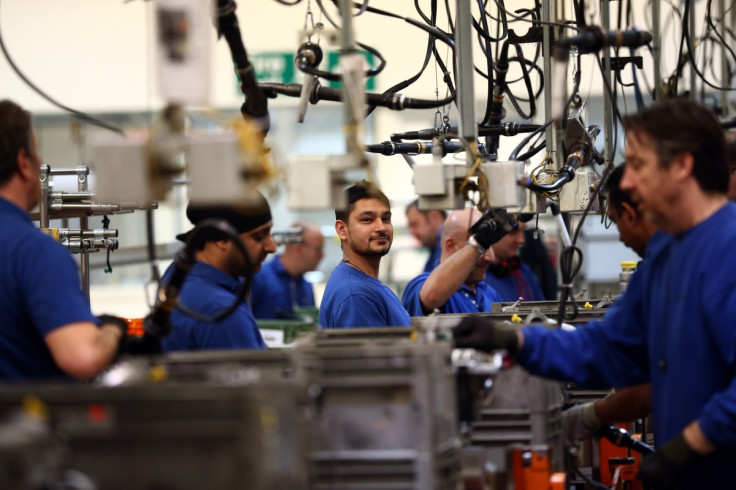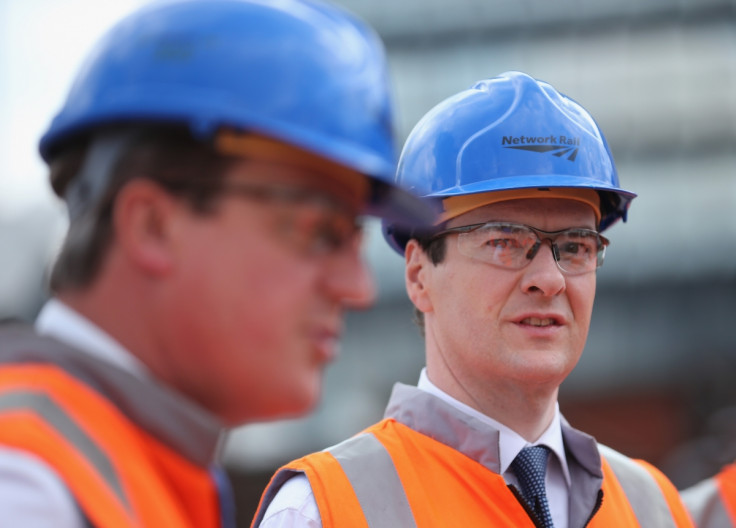UK manufacturing PMI slows down for the first time since March 2013

Expansion in Britain's manufacturing sector slowed down more than expected in April, as the sector slipped into contraction territory for the first time in almost three years. The decline was announced after a survey by Markit Economics and the Chartered Institute of Procurement & Supply (CIPS) was released on Tuesday (3 May).
The Markit/CIPS UK Manufacturing PMI stood at 49.2 last month, compared with a downwardly revised 50.7 reading in March and analysts' expectations for a 51.2 reading. The figure marked the first time the UK construction sector has fallen below the 50 threshold, which indicates no change, since March 2013.
Markit indicated the headline index was dragged lower by lacklustre trends in production, as well as new orders and declines in both employment and stocks of purchases, while the decline in the manufacturing sector was mainly felt in the consumer and investment goods industry.
The intermediate goods sector managed to sustain growth of output and new order inflows, although rates of expansion were weaker than those registered in March.
"On this evidence manufacturing production is now falling at a quarterly pace of around 1%, and will likely act as a drag on the economy again during the second quarter and putting greater pressure on the service sector to sustain GDP growth," said Markit's senior economist Rob Dobson. "The manufacturing labour market is also being impacted, with the data signalling close to 20,000 job losses over the past three months."
Softer domestic growth and weakening demand from abroad were blamed as the main reasons for the deterioration of Britain's construction sector, with a number of businesses also citing uncertainty surrounding Britain's role in the European Union as one of the contributing factor to the slowdown.
New export orders fell for the fourth straight month in April, although the decline was only marginal, as global economic growth continued to slow, Markit added. Meanwhile, investment goods producers recorded a sharp decline in new export business, compared with the steady improvements recorded in the consumer and intermediate goods sectors.
The survey found average input costs fell at the slowest pace since June 2015, while the rate of decline in selling prices was minimal and the weakest recorded in the ongoing eight-month downturn.
These make for worrying figures for Chancellor George Osborne, whose recent positive budget predictions have come under close scrutiny. In his 2011 Budget speech he emphasised a more prominent role for manufacturing in re-building the economy after the financial crash and declared his vision of "a Britain carried aloft by the march of the makers".
To emphasise the point he has toured Britain's factories, donning a hi-viz jacket and hard-hat at every opportunity.

© Copyright IBTimes 2025. All rights reserved.






















